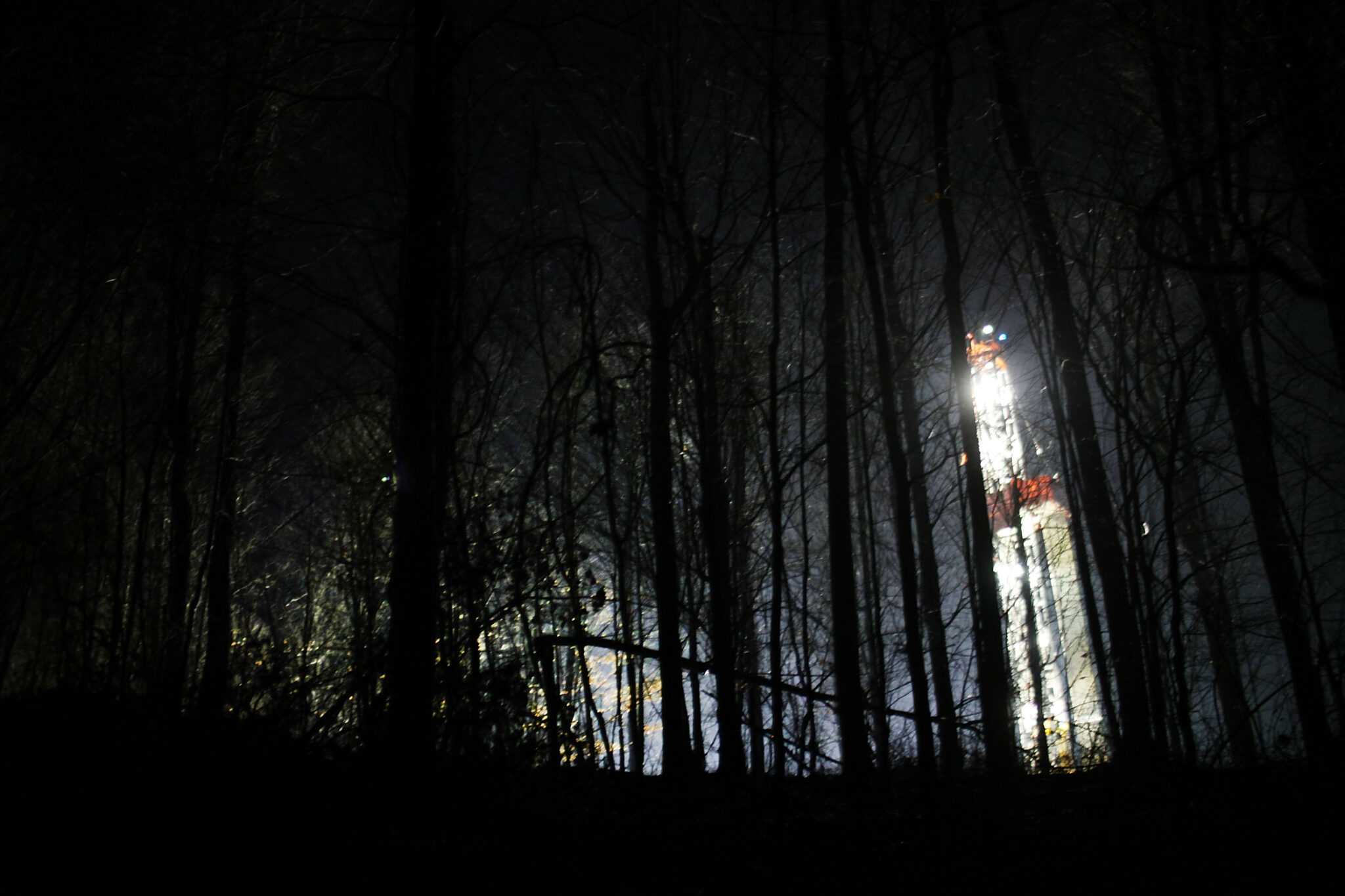
Groups say years after Pa.’s landmark fracking report, public health goals remain largely unmet
How did your country report this? Share your view in the comments.
Diverging Reports Breakdown
Pa. fracking reforms go unmet 5 years after major AG report
Five years after a landmark Pennsylvania grand jury report, advocates say little has changed. The 2020 report, released by then-Attorney General Josh Shapiro, made eight recommendations to fix what it said went wrong during the state’s fracking boom. “We took a risk testifying there,” said Jodi Borello, who lives about 1,200 feet from a well pad in Washington County. Gov. Shapiro “took on powerful interest groups to protect Pennsylvanians’ constitutional right to clean air and pure water, including leading the 43rd Grand Jury report,’’ Borello said. ‘While the legislature has failed to act, Governor Shapiro has continued to fight to make progress on these critical issues,’ a spokesman for the governor said in an emailed statement to WHYY.
From the Poconos to the Jersey Shore to the mouth of the Delaware Bay, what do you want to know about climate change? What would you like us to cover? Get in touch.
Five years after a landmark Pennsylvania grand jury report slammed the Department of Environmental Protection for failing to protect the public from the health effects of fracking, advocates, including those living near fracking sites, say little has changed.
The 2020 report, released by then-Attorney General Josh Shapiro, and based on testimony from residents, made eight recommendations to fix what it said went wrong during the state’s fracking boom.
“We took a risk testifying there,” said Jodi Borello, who appeared before the grand jury and lives about 1,200 feet from a well pad in Washington County. “And we feel that we were disrespected by these recommendations not being moved further.”
Borello called on Gov. Shapiro, who was elected to that office in 2022 and began his term in 2023, to do more to implement the following recommendations made by the grand jury.
Increase the setback of all oil and gas wells from 500 to 2,500 feet from any home or business, and farther for schools and hospitals
Make public the chemicals used in the fracking process
Make the transportation of toxic waste safer
Regulate smaller pipelines, or gathering pipelines, “based on risk, not size”
Strengthen air pollution regulations of fracking-related sites
Assess public health in relation to fracking
Slow the “revolving door” by limiting the ability of legislators and state employees to leave public service and go to work for the industry
Grant the Pennsylvania Office of Attorney General original criminal jurisdiction over unconventional oil and gas companies.
At a press conference Wednesday, Borello, who now works as a community organizer for the Center for Coalfield Justice, outlined the lack of progress with five of the eight recommendations, while describing action on three of the proposals as “movement in the right direction.” Borello was joined by representatives from the Sierra Club, the Environmental Health Project, Earthworks and Protect PT.
The groups said in the category of “little to no progress” are increased setbacks; slowing the “revolving door” between industry and those who have worked as state regulators or legislators; completing a comprehensive health assessment; granting criminal jurisdiction for the attorney general’s office; and increasing safety of fracking waste transportation.
“It’s been five years and nothing’s been done,” said Gillian Graber of Protect PT, referring to fracking waste. “And we know that this waste is very harmful to communities.”
Spokesman Manuel Bonder defended Shapiro’s record as both attorney general and governor in an emailed statement. Gov. Shapiro “took on powerful interest groups to protect Pennsylvanians’ constitutional right to clean air and pure water, including leading the 43rd Grand Jury report, which held industry accountable for failing to protect Pennsylvanians’ health and safety.”
Bonder pointed the finger at the legislature, and said Shapiro continues to call on lawmakers to move on the recommendations. “While the legislature has failed to act, Governor Shapiro has continued the fight to make progress on these critical issues, including requiring natural gas operators to disclose chemicals used in drilling, implementing controls on methane emissions, and collaborating with a leading natural gas operator to conduct the most intensive study of unconventional gas wells in the nation. The Shapiro Administration will continue to focus on addressing climate change, reducing emissions, and safeguarding public health while creating jobs and protecting consumers.”
But meaningful reform could be a challenge in a divided Harrisburg, where Republicans hold the majority in the Senate.
